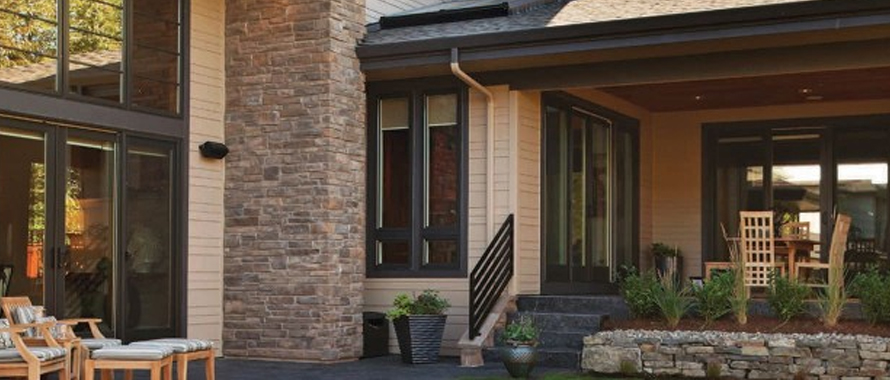If a client’s home is located in a part of the country that experiences regular catastrophic disasters, hard-to-place Homeowners insurance is not new to the experienced broker or agent.
“Mid-Range Homeowners insurance is the backbone of the personal lines (P&C) industry,” said Bill Gatewood, Corporate Vice President and Director, Personal Insurance, Burns & Wilcox. “It is where most of the homes in the U.S. fall, with replacement costs in the $150,000 to $750,000 range.”
“When a property no longer meets the risk appetite for the standard market, it is usually due to the claims history. These types of losses can include sewer backups, earthquakes, floods and fires,” said Tia Becker, Manager, Personal Insurance, Burns & Wilcox Canada. “The loss could be against the home or the location therefore first-time home buyers do not need to have a previous claims history to be affected.”
Brokers and agents tend to run into a number of challenges when standard markets deem that a property is beyond their appetite for risk. The sharing economy has produced one such challenge.
Airbnb leaves some exposed
“We are starting to see standard market insurers look deeper into how property is being used,” said Gatewood. “As they look deeper, brokers and agents see that Airbnb is becoming a more common occurrence as an alternative to renting hotel rooms, leading to questions about how to insure the added exposure.”
Business travelers are starting to trust Airbnb more, accounting for 10 percent of its bookings.1 Increased trust and adoption of shared spaces is having more homeowners considering the service.
“Homes rented out through services like Airbnb, on occasion, bring risks that standard market insurance companies historically do not want, potentially resulting in a non-renewal of their coverage,” said Gatewood.
The sharing economy has also changed millennial’s view on homeownership and alternative travel accommodations. With more than 60 million guests having already used Airbnb since its inception in 2008, the insurance market will need to adapt as insureds demand a solution.2 Gatewood predicts that in the future standard carriers will create an endorsement to add onto a standard policy.
“As time goes on more insurance companies that sell standard Homeowner’s policies will address the exposure, but until then it is a risk that will need to be handled in the surplus lines market,” said Gatewood.
Hard-to-Place Mid-Range Homeowners allows for rentals including Airbnb to be included in the policy. Beyond knowing how clients use their home, where their home is located is just as important.
Wildfires aren’t the only thing burning up the standard markets
The costliest insured natural disaster in Canadian history occurred in May 2016, as Northern Alberta sustained $3.58 billion in property damage due to wildfires.3 If a client’s property is located in an area where wildfires like these are known to start, standard insurers may choose not to offer or continue coverage.
“Whether clients are located in this area of Canada or in wildfire hazard zones in the United States, geography can play a major factor,” said Becker. “It’s not just wildfire-prone areas but also other locations prone to catastrophe such as extreme wind, earthquakes or floods.”
Geography of the risk also includes homes that are in remote parts of the country.
“Every part of the country has a place, usually rural and remote, where people like to escape the hustle and bustle of everyday life,” said Gatewood. “Generally, homes in these areas don’t have access to nearby fire departments, leaving many homes virtually unprotected from fire hazards.”
The house itself, its occupants and its claims history may also play large roles in the risk a standard market insurer is willing to take on. Homeowners with multiple claims, especially water damage, generally need to work with a broker or agent to find a Mid-Range policy within the surplus lines market.
In addition, a surplus lines policy may also be needed for well-known personalities such as a news reporter or local politician. Local or regional celebrities add an additional level of risk that standard insurers may choose not to cover. Brokers and agents should know the celebrity status of a client and consider working with a specialty insurance firm if they do not qualify for standard coverage.
Knowing where you client’s home is, how they use it and who they are can all indicate whether or not they are able to have a standard Homeowners policy. When new or increased forms of risk come along, such as Airbnb rentals or rampant wildfire, brokers and agents should look to the surplus lines market and wholesale partners for comprehensive coverage solutions.
SOURCES: 1. The Economist, 2. Airbnb, 3. Insurance Bureau of Canada




